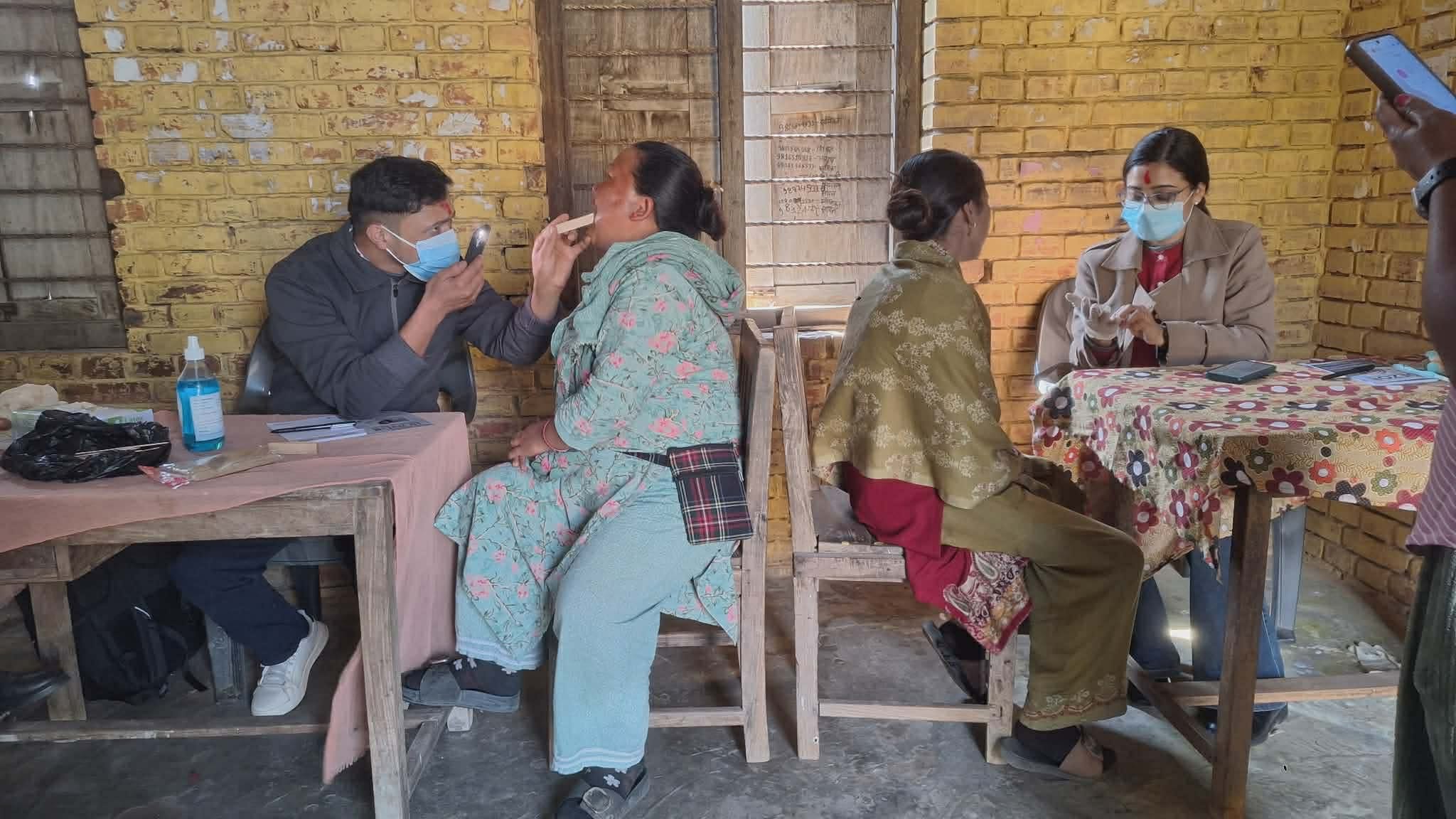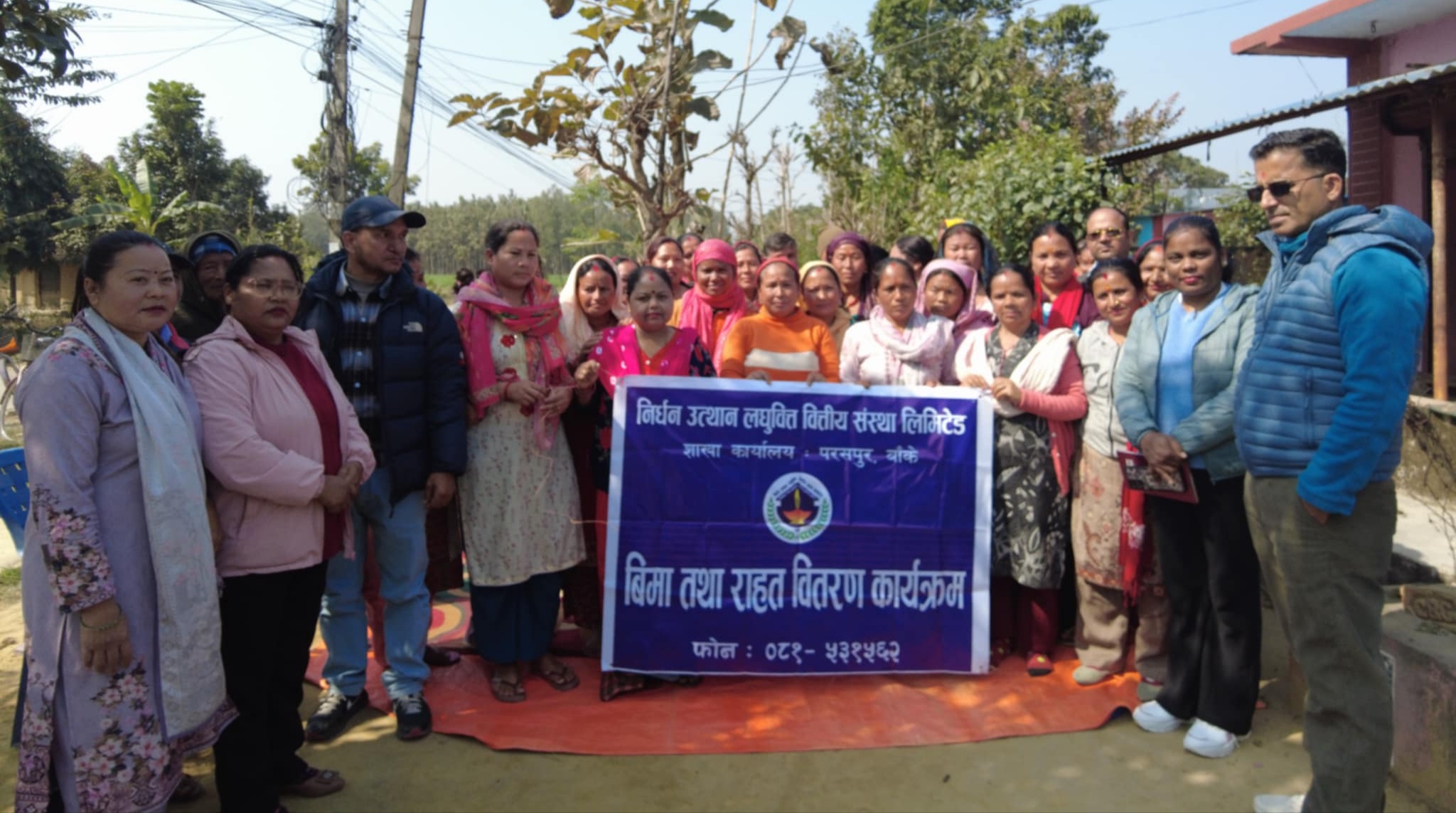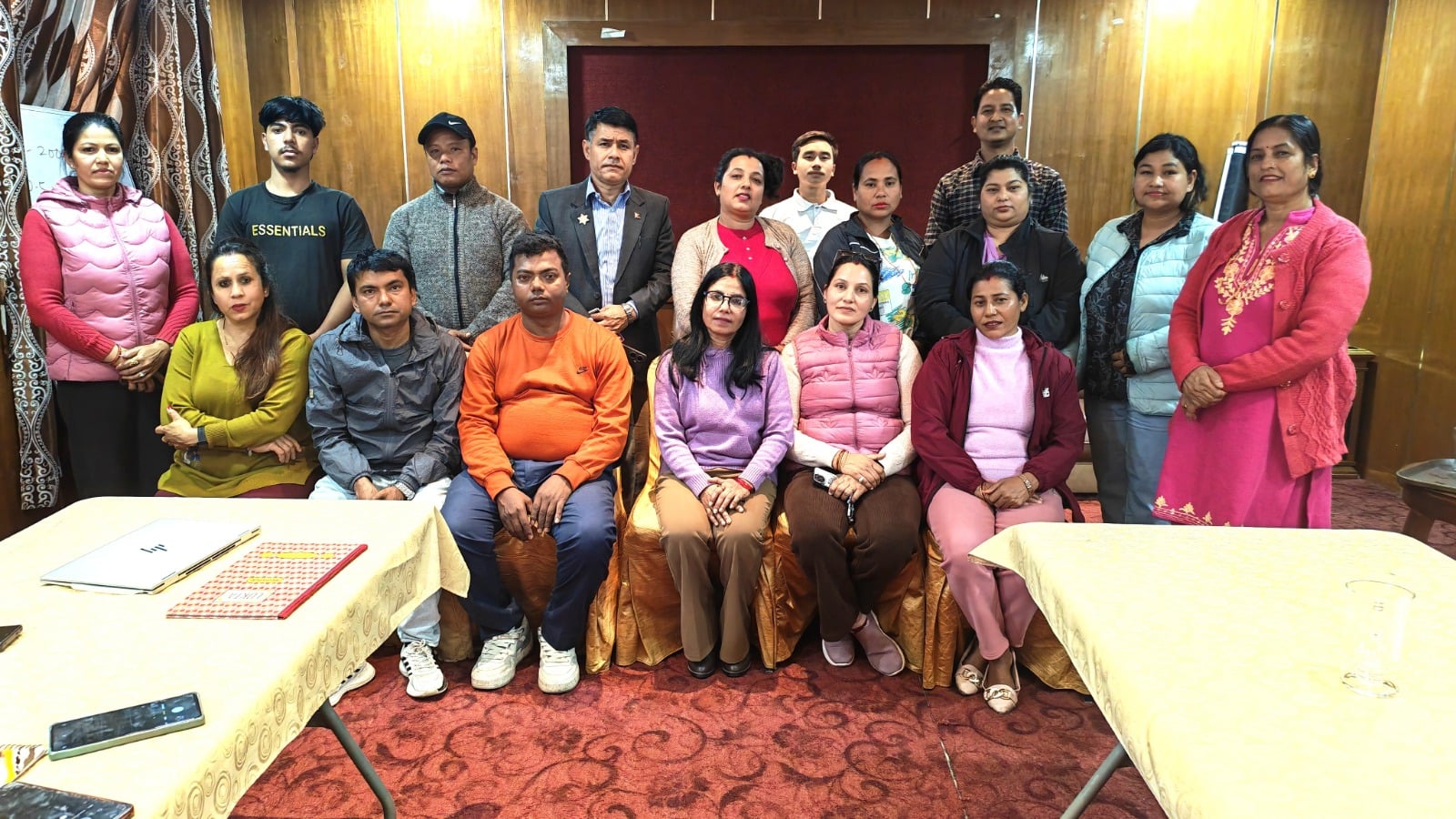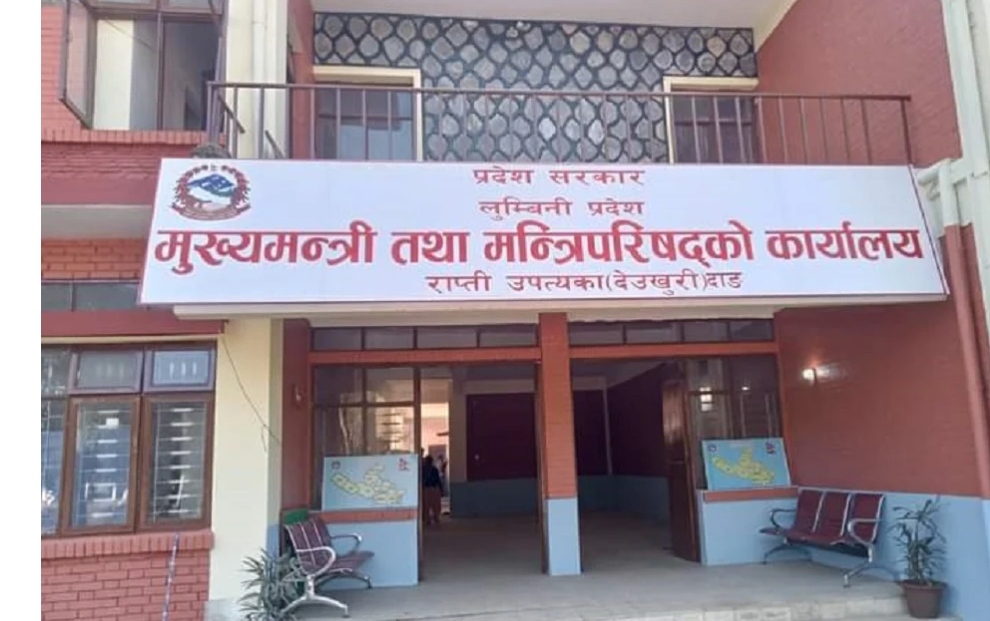
Manju Thapa Magar / Migrant workers are the backbone of many industries around the world. From construction and agriculture to healthcare and hospitality, they’re doing jobs that most people overlook. But while their hard work is often taken for granted, something else is being overlooked too—their mental health. For many migrant workers, the mental and emotional toll of leaving their homes to work in another country is far greater than we realize.
I had the opportunity to explore this issue firsthand when I worked as a research assistant at the Accountability Lab Nepal in 2022. During this time, I was involved in a project that examined the role of grassroots accountability activism in protecting the rights of labor migrants during the pandemic. What I discovered during this research was many young people, youth and women were literally struggling in gulf countries just to meet their family basic needs. The most horrifying aspect was that during the COVID-19 lockdown, worsening their situation. On top of the physical hardships, the mental health toll was significant, as many labor migrants faced isolation anxiety and uncertainty about their futures, with little support available.
Through my research, I documented the stories of twelve migrant workers who had migrated long distances to gulf countries in search of work opportunities. Unfortunately, due to the pandemic and the following lockdowns in 2020 and 2021, they were unable to return home. I was deeply moved and saddened by each of their stories. The lack of social interaction and the inability to connect with loved ones were led to feelings of loneliness, which could be deeply distressing. The uncertainty surrounding when or if they would be able to return home, combined with the ongoing health crisis, contributed to heightened stress. The inability to plan for the future, with the fear of contracting the virus or seeing loved ones suffer, created a constant state of worry. The loss of income, due to work stoppages or reduce opportunities during the pandemic, led to financial instability. Financial stress is a major contributor to anxiety and depression, as individuals struggle to meet their basic needs, including food, housing and healthcare. Many workers lost friends and family members due to the pandemic, which caused profound grief. The inability to mourn properly, attend funerals, and seek comfort from family members worsened the emotional strain. For many, this grief was compounded by the trauma of being separated from home during such a difficult time. Being in a foreign country with different cultural norms and language barriers added layers of stress. The lack of a familiar environment or language made it harder to cope with the challenges of the pandemic and lockdown.
Moreover, Female migrant workers have faced misbehavior, abuse and harassment from their employers and workplace’s owner. Not only they were denied payment for their work, but many were also forced into sex work to survive during the pandemic covid-19. They tolerate mental, emotional, physical and verbal abuse in Gulf countries, often trapped in unfair situations with little to no legal action and support, making it difficult for many women to escape their abusive environments. However, this issue raises a broader question: Is this only a problem for migrant workers? Are women safe even in their own countries? These disturbing realities highlight the urgent need for stronger laws, greater accountability, and a systemic shift toward safeguarding women’s rights and well-being. It’s not just about protecting women abroad but ensuring their safety, dignity, and equality everywhere.
Many manpower companies are operating illegally in Nepal, Mislead individuals with promise of well-paying jobs aboard. These companies recruit people, often from rural areas, and send them to foreign countries, primarily in the gulf region. However, when they arrive, workers discovered that they have been scammed by fraudulent agencies. They were often forced to work in jobs that they were never informed about, and many end up working in unsafe and degrading conditions, far from the opportunities they were promised. In some cases, they are subjected to physical and psychological abuse, forced to work excessive hours without proper pay, and stripped of their passports, leaving them trapped in foreign countries with no means of returning home. This situation is a form of human trafficking, where individuals are force for labor. Many worker report experiencing depression, anxiety, post-traumatic stress disorder (PTSD), and other psychological condition as a result of their traumatic experience abroad. Some of them had to face the social stigma that often happened returning home empty-handed. They felt embarrassed and ashamed to return without the financial stability they had promised to their families. This social isolation and the lack of emotional support worsen their mental health struggles. Unfortunately, there is a lack of mental health services and support systems to help migrant worker heal from their trauma, they face a long, difficult road to recovery.
The government’s negligence in regulating and monitoring these manpower agencies is a significant factor contributing to ongoing problem. Despite existing laws and regulations designed to protect workers, enforcement remains weak, and many fraudulent companies continue to operate without facing any legal consequences. The absence of effective check and balance within the system enable these illegal agencies to continue exploiting workers without fear of being shut down. There has been an urgent need for the government to withdraw attention from minor matters and refocus on the critical issue of human trafficking and migrant worker exploitation. The government should be providing legal support for workers who have been victims of exploitation and also ensure that these workers receive sufficient compensation and support for their rehabilitation upon returning home.
Being a part of these research project has completely changed my perspective to see the world and has inspired me to work on mental health well-being. Throughout this research process, I was deeply moved by the mental health conditions faced by migrant workers. The personal experience they shared often highlighted their significant struggles with mental health. Unfortunately, many people tend to neglect the importance of mental well-being. I realized that it is not only migrant workers who are vulnerable, but also individuals across various professions, businesses and even student, who often neglect their mental health. The connection between physical and mental health is undeniable, yet too often, people do not take the necessary steps to care for both. #mentalhealthmatters
Khajura,Banke






















